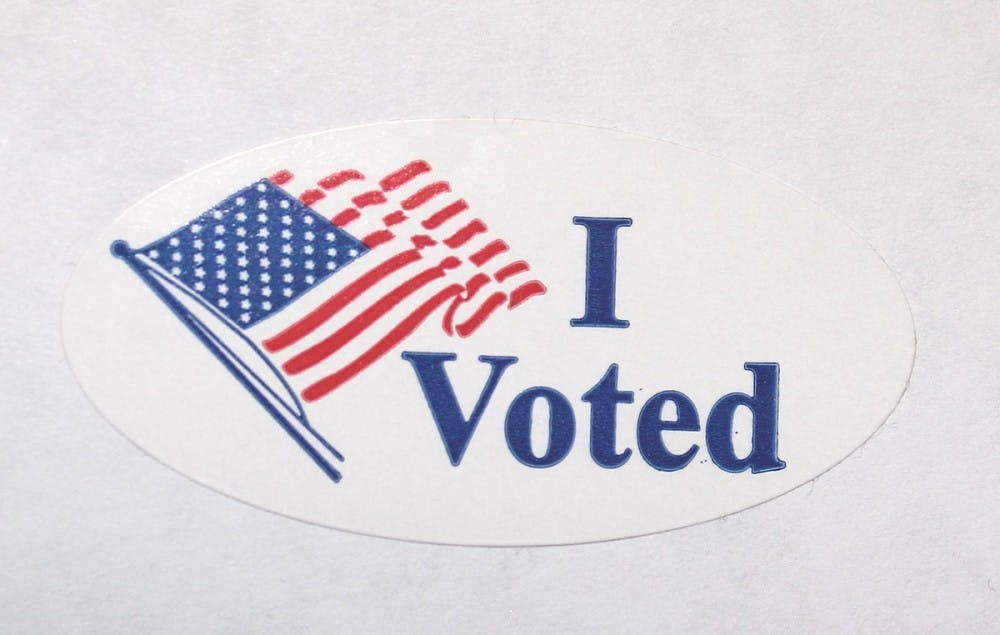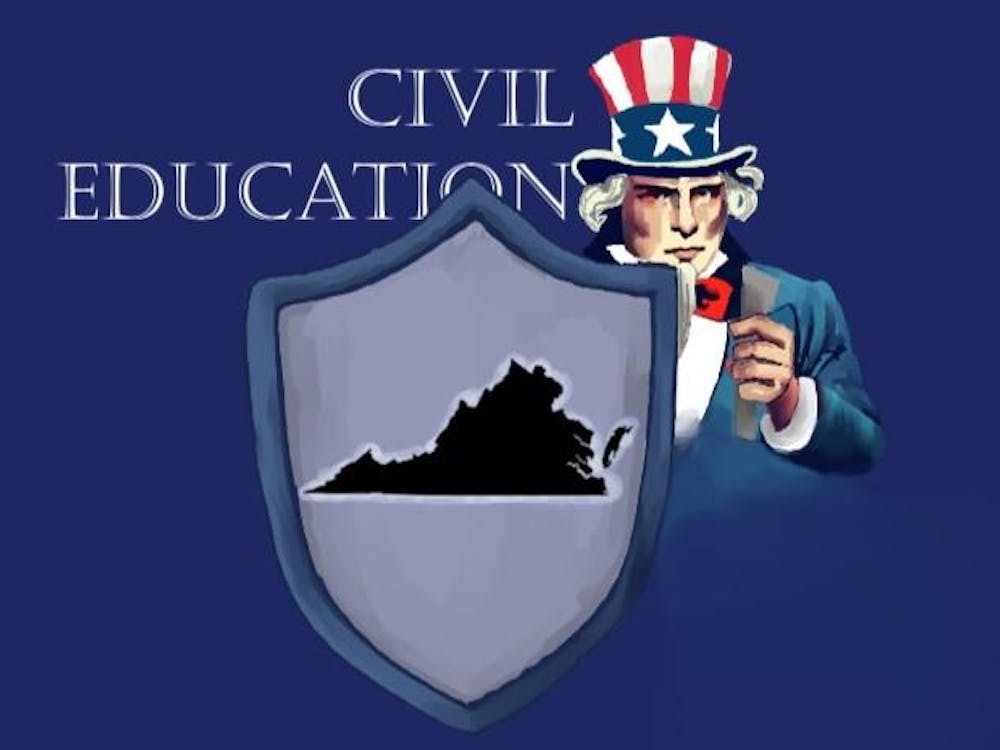Student government elections are right around the corner, meaning University students will have an opportunity to choose their representatives. With a new University president, a School of Data Science on the way and more students engaging in activism around Grounds, one would think that participation in student elections would be incredibly high as students would wish to make their voices heard. While hopefully this year will be different, past levels of turnout in student council elections have been an embarrassment, with a pathetic 18.77 percent of eligible students caring enough to vote in last year’s election for Student Council President. It is imperative to increase involvement in elections. Doing so would not only result in students having more influence in the political process but would also result in a more responsive and effective student government.
University Board of Elections has made participating in election incredibly accessible. Voting is open from Feb. 26 at 10 a.m. until March 1 at 4 p.m. and every student can vote online at uvavote.com. The normal hurdles that students experience with voting, such as changing voter registration or getting to their voting precinct do not apply. Information on student government elections is everywhere — on Grounds, online and through endorsing contracted independent organizations or student media organizations. The only thing preventing students to vote on who will represent them is apathy, and that voter apathy makes it more difficult for student government groups to effectively represent the student body.
When turnout in student elections is as low as it is, it seriously hinders student groups’ ability to represent students when negotiating with the administration or other agencies in the Charlottesville community. When over four in five voters couldn’t be bothered to find the time to vote, it is much easier for outside organizations such as the University administration to ignore resolutions passed by Student Council or other groups. So not only is the vast majority of the student body who doesn’t vote in UBE elections forfeiting the right to pick their own representatives, but they are making it much more difficult for whoever ends up winning to adequately represent them. If those elected to positions in student government don’t have a strong mandate from their electorate, all students are harmed, no matter who ends up being elected.
In addition to giving student government more leverage to accomplish its goals, higher voter participation would result in more responsive representatives. Many candidates can currently be successful by appealing to a small portion of the University community, such as gaining the support or endorsement from CIOs that are very active in the electoral process. As such, these representatives can get elected without worrying about the concerns of the student body as a whole. Higher voter participation would force candidates to listen to the whole University community, and therefore would force them to be more responsive. If we want student government to be more receptive of the concerns of the student body, turnout must be much higher.
There is a glimmer of hope for the future of student government elections — turnout for last year’s race for Second Year Council president reached 48.79 percent, higher than any other office. Additionally, fall elections for First Year Council saw 30.11 percent of eligible voters cast a ballot. The fact that turnout is higher than average among the youngest voting groups is a positive sign that it may increase in the years to come. Hopefully this trend will continue this year as more students become involved in the political process due to the increase in student activism on Grounds. Simply put, making the idea of student self-governance a reality and increasing voter turnout in the upcoming student government elections is within our grasp. However, this can only happen if students participate in this year’s elections. If you choose not to vote in the upcoming elections, you are forfeiting the ability to choose who represents you, hindering the student government's ability to effectively do its job and relinquishing your moral authority to complain about the University.
Adam Kimelman is a Viewpoint Writer for The Cavalier Daily. He can be reached at opinion@cavalierdaily.com.







